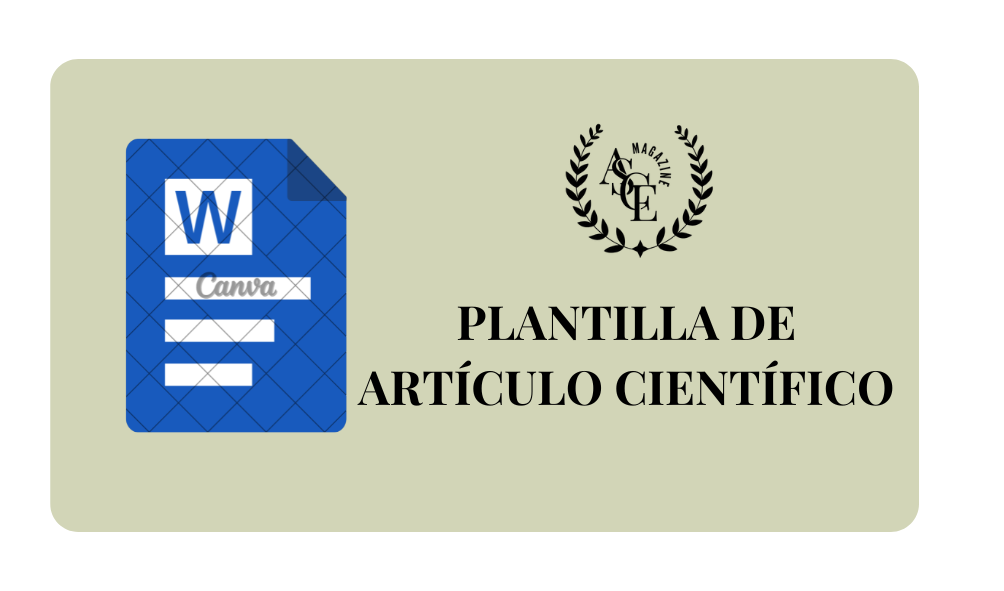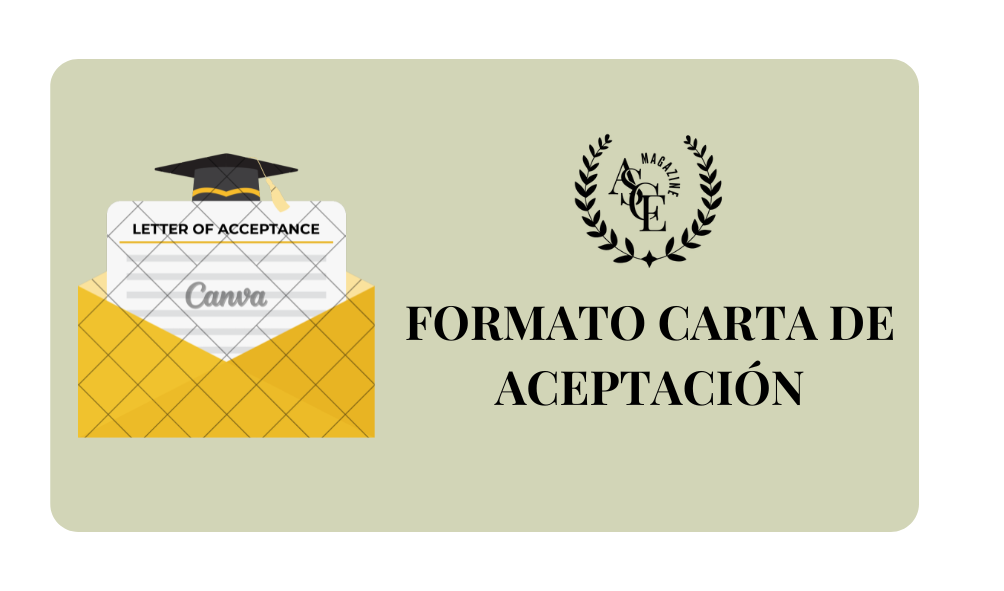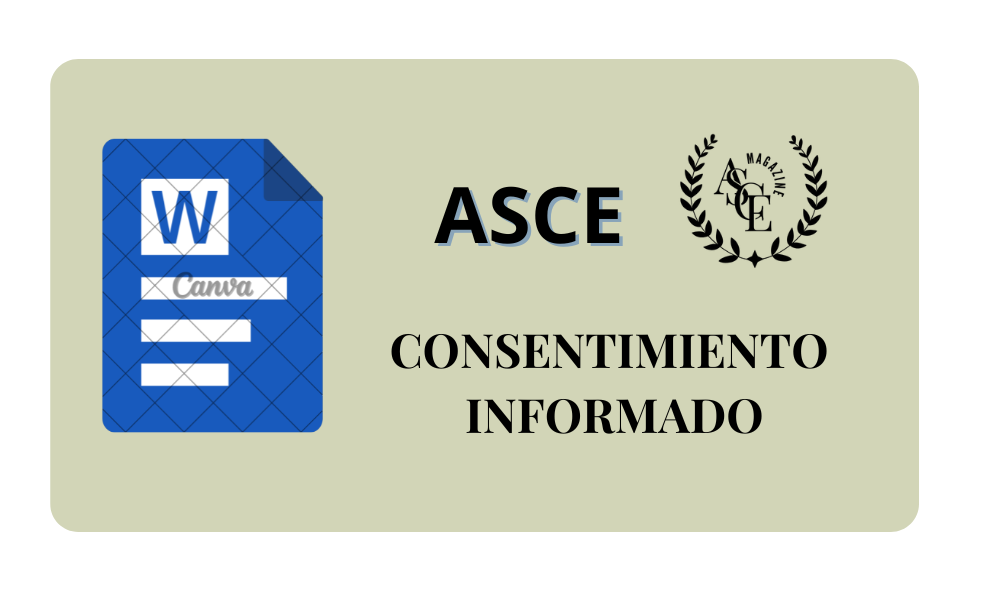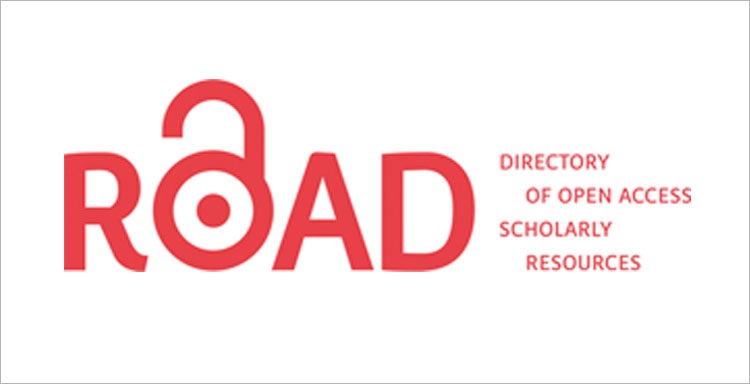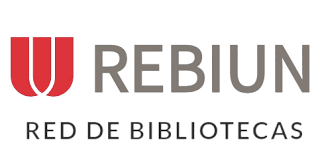Desafíos y Oportunidades de la Inteligencia Artificial en la Educación: Una Revisión Sistemática
DOI:
https://doi.org/10.70577/ASCE/185.200/2025Palabras clave:
Inteligencia Artificial (IA), Educación, Oportunidades, Desafíos, Metodología Prisma.Resumen
La inteligencia artificial (IA) es un campo emergente dentro de la tecnología educativa. Es por ello que la presente investigación busca identificar los desafíos y oportunidad de la inteligencia artificial en la educación. La metodología utilizada fue un análisis de revisión sistemática de artículos científicos mediante el enfoque PRISMA (Preferred Reporting Items for Systematic Reviews and Meta-Analyses). La investigación se realizó utilizando base datos Scopus, Dialnet, Google Scholar, Scielo, Web sciences, Para obtener resultados relevantes, se utilizó palabras claves como “Inteligencia artificial”, “desafíos y oportunidades” y “educación”. se encontraron 100 artículos científicos lo cual se realizaron criterios de inclusión y exclusión, como muestra de estudio 10 estudios.
En resumen, se encontraron hallazgos de varios estudios que investigan el uso de la IA en la educación, los resultados, la implementación de la IA en la educación es una herramienta que facilita el cumplimiento de sus estudios y tareas. En conclusión, sugieren que la inteligencia artificial puede ayudar a mejor de manera significativa la personalización del aprendizaje., Para ello, se recomienda que los docentes implementen en sus clases el uso de la inteligencia artificial.
Descargas
Citas
1. Andrade , O., Cuenca, M., García, S., y Cuamacás, S. (2024). La incidencia de la inteligenciaartificial en la educación secundaria del Ecuador. Imaginario Social, 30-42. https://doi.org/http://revista-imaginariosocial.com/index.php/es/inde
2. Basantes, M., Miranda , A., Lara, E., Zamora , H., y Corozo , M. (2024). Desafíos y retos de la inteligencia artificial en la educación ecuatoriana: Una mirada desde la enseñanza y el rol del docente. ARANDU UTIC, 11(1), 1551. https://doi.org/https://doi.org/10.69639/arandu.v12i1.694 DOI: https://doi.org/10.69639/arandu.v12i1.694
3. Beltrán, C., y Rivero , C. (2024). La inteligencia artificial en la educación del siglo XXI: avances, desafíos y oportunidades Presentación. Educación, 33(64), 5-7. https://doi.org/http://dx.doi.org/10.18800/educacion.202401.p001 DOI: https://doi.org/10.18800/educacion.202401.P001
4. Bolaño, M., y Duarte, N. (2024). Una revisión sistemática del uso de la inteligencia artificial en la educación. Rev Colomb Cir., 39, 51-63. https://doi.org/10.30944/20117582.2365 DOI: https://doi.org/10.30944/20117582.2365
5. Carrión, G., y Andrade, L. (2024). Los desafíos de la Inteligencia Artificial en la educación en un mundo tecnologizado. European Public & Social Innovation Review, 9, 1-5. https://doi.org/https://doi.org/10.31637/epsir-2024-905 DOI: https://doi.org/10.31637/epsir-2024-905
6. Choez, C., y Miranda, R. (2024). El rol de la inteligencia artificial en la educación inclusiva: Oportunidades y retos para la enseñanza. REVISTA MULTIDISCIPLINAR G-NER@NDO, 5(2). DOI: https://doi.org/10.60100/rcmg.v5i2.303
7. Gallo , G., Pacheco, X., y Sánchez , R. (2024). La inteligencia artificial en la educación superior: oportunidades y desafíos. Una revisión sistemática. Mundo de la investigacion y el conocimento., 29-39. https://doi.org/10.26820/recimundo/8.(4)
8. González, C. (2023). El impacto de la inteligencia artificial en la educacion: transformar de la forma de enseñar y de aprender. Qurriculum, 51-60. https://doi.org/https://doi.org/10.25145/j.qurricul.2023.36.03 DOI: https://doi.org/10.25145/j.qurricul.2023.36.03
9. López , H., Rivera, A., y Rossell , C. (2023). Personalización del aprendizaje con inteligencia artificial en la educación superior. Revista Digital de Tecnologías Informáticas y Sistemas, 7(1). https://doi.org/https://doi.org/10.61530/redtis.vol7.n1.2023.165.123-128 DOI: https://doi.org/10.61530/redtis.vol7.n1.2023.165.123-128
10. Mera, D. (2023). La influencia de la inteligencia artificial en la personalización del aprendizaje: Perspectivas y desafíos en la educación. ING enlLobal , 2(2). https://doi.org/https://doi.org/10.62943/rig.v2n2.2023.64 DOI: https://doi.org/10.62943/rig.v2n2.2023.64
11. Morocho, R., Cartuche, A., Tipan, A., Guevara, A., y Ríos, M. (2023). Integración de la Inteligencia Artificial en la Educación. Ciencia Latina Internacional , 7(6). https://doi.org/https://doi.org/10.37811/cl_rcm.v7i6.8832 DOI: https://doi.org/10.37811/cl_rcm.v7i6.8832
12. Saravia, M., y Geng, R. (2023). ChatGPT e inteligencia artificial para la educación universitaria y su impacto en la odontología: retos y oportunidades. Rev. Estomatol. Herediana , 33(4), 377-379. https://doi.org/http://dx.doi.org/10.20453/reh.v33i4.5126 DOI: https://doi.org/10.20453/reh.v33i4.5126
13. Vera, F. (2023). Integración de la Inteligencia Artificial en la Educación superior: Desafíos y oportunidades. Revista Electronica Trasformar, 4(4). https://doi.org/https://orcid.org/0000-0002-4326-1660
14. Vera, K., Cerna, A., Nivela, M. A., y Vergel, E. (2024). Inteligencia artificial en el campo de la educación de Lengua y Literatura. Journal Scientific MQRInvestigar , 8(4), 5013-5037. https://doi.org/https://doi.org/10.56048/MQR20225.8.4.2024.5013-5037 DOI: https://doi.org/10.56048/MQR20225.8.4.2024.5013-5037
15. Yuquilema , M. B., Arízaga, F., Aguirre, M. Y., y Garcia, A. (2024). Impacto de la inteligencia artificial en la educación, retos y oportunidades. ReciMundo, 8(2), 34-34. https://doi.org/https://www.recimundo.com/index.php/es/article/view/2221/2844 DOI: https://doi.org/10.26820/recimundo/8.(2).abril.2024.24-34
16. Zamora, Y., y Mendoza, M. (2023). La inteligencia artificial y el futuro de la educación superior desafios y oportunidades. Horizontes Pedagógicos, 25(1), 1-3. https://doi.org/https://doi.org/10.33881/0123-8264.hop.25101 DOI: https://doi.org/10.33881/0123-8264.hop.25101
Descargas
Publicado
Cómo citar
Número
Sección
Licencia
Derechos de autor 2025 Juana María Gracia Loor, Amelia Mayeyi Panchano Valencia

Esta obra está bajo una licencia internacional Creative Commons Atribución-NoComercial-SinDerivadas 4.0.
Eres libre de:
- Compartir : copiar y redistribuir el material en cualquier medio o formato
- Adaptar : remezclar, transformar y desarrollar el material
- El licenciante no puede revocar estas libertades siempre y cuando usted cumpla con los términos de la licencia.
En los siguientes términos:
- Atribución : Debe otorgar el crédito correspondiente , proporcionar un enlace a la licencia e indicar si se realizaron cambios . Puede hacerlo de cualquier manera razonable, pero no de ninguna manera que sugiera que el licenciante lo respalda a usted o a su uso.
- No comercial : no puede utilizar el material con fines comerciales .
- CompartirIgual — Si remezcla, transforma o construye sobre el material, debe distribuir sus contribuciones bajo la misma licencia que el original.
- Sin restricciones adicionales : no puede aplicar términos legales ni medidas tecnológicas que restrinjan legalmente a otros hacer algo que la licencia permite.






